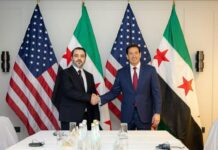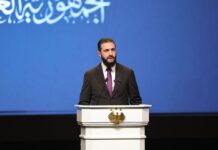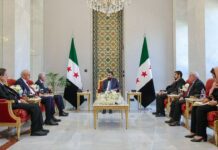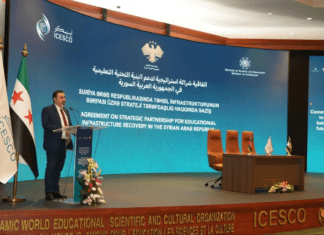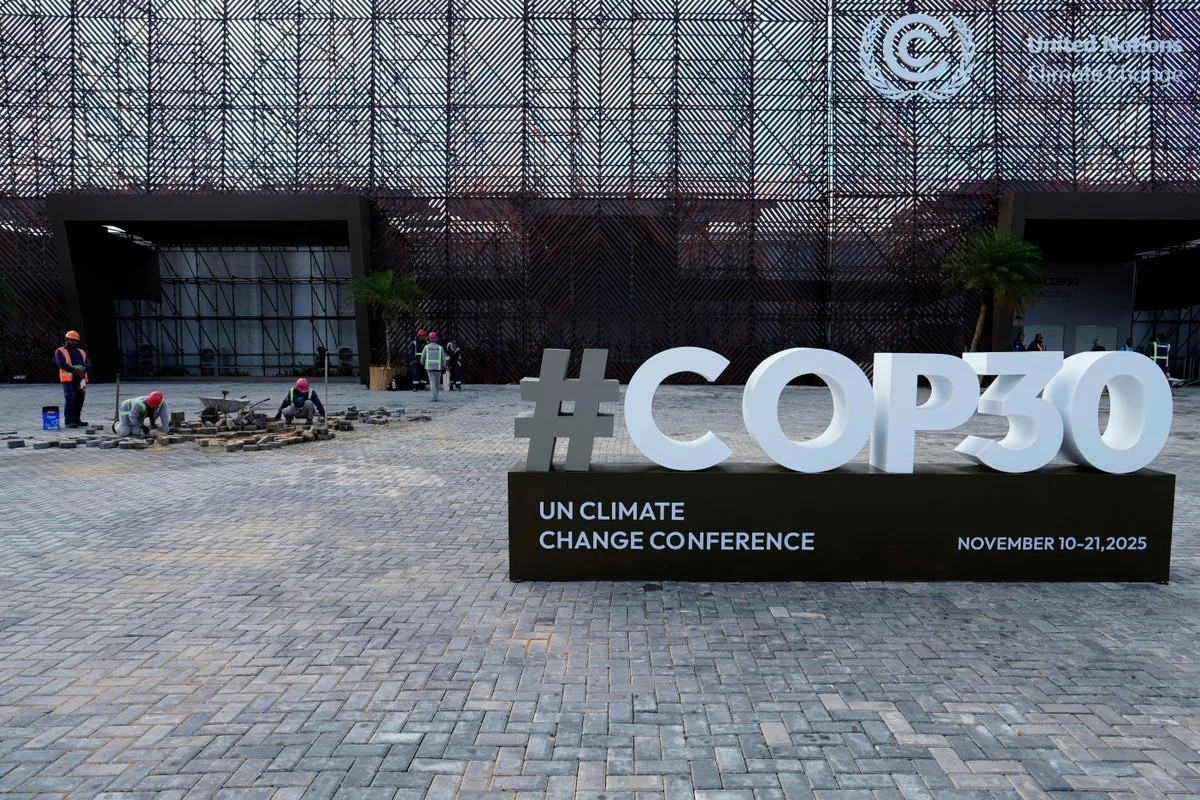
Syrian President Ahmad al-Sharaa arrived in Brazil on yesterday, October 5, for the COP30 climate summit, marking the first time a Syrian leader has attended the UN’s annual climate conference since its founding in 1995. His participation signals a new chapter in Syria’s international reengagement after over a decade of diplomatic isolation.
According to the Syrian Arab News Agency (SANA), Sharaa and Foreign Minister Asaad al-Shaibani will take part in summit sessions on November 6 and 7, followed by bilateral meetings with leaders and delegations from participating countries. The summit, hosted in Belém between November 6 and 21, brings together representatives from nearly 200 nations to assess progress toward curbing global warming and advancing renewable energy goals.
From Isolation to Engagement
A source in Brazil’s Ministry of Foreign Affairs told Al-Ikhbariyah that Sharaa’s presence “constitutes a historic turning point in the course of Syrian diplomacy.” For years, international sanctions and conflict kept Syria on the sidelines of major global forums. The Syrian government now appears intent on projecting a message of recovery and reintegration.
Economic journalist Ahmad Ammar told Al-Ikhbariyah that Syria’s attendance “opens a new window to the international community,” framing it as a signal that Damascus seeks “normal and balanced relations” after decades of turbulence. He noted that the visit also precedes Sharaa’s planned trip to Washington later this month to meet with US President Donald Trump, a rare engagement between the two nations.
Climate Diplomacy and Economic Opportunity
While Syria’s war-torn infrastructure poses challenges, officials view the COP30 summit as an opportunity to attract investment and technical cooperation. “Syria needs this conference to show the world that its country is devastated and in dire need of promoting climate and environment issues,” Ammar said.
He pointed to idle oil fields, aging cement plants, and outdated industrial systems as areas ripe for modernization. “The world today is producing cement with zero pollution,” he added, calling for partnerships that align reconstruction with global sustainability standards.
The COP28 conference in the UAE last year generated $85 billion in climate-related investments, according to the UNFCCC. Syrian officials hope similar outcomes can emerge in Belém, particularly in renewable energy. Ammar highlighted that “Syria enjoys 301 good sunshine days,” making it well suited for solar power projects.
Global Context and Regional Contrast
The Belém summit unfolds without participation from the US, whose government confirmed it would not send high-level officials. As reported by Reuters, President Trump described climate change as “the biggest hoax in the world,” reaffirming his administration’s retreat from multilateral climate efforts.
In contrast, Syria’s renewed engagement underscores shifting dynamics in international climate diplomacy.
Once absent from global discussions, Damascus now seeks visibility on environmental and economic cooperation, not only as a participant but as a nation rebuilding its place in the world. At COP30, Syria’s message appears clear: it wants to be part of the global conversation on climate, sustainability, and recovery, and it intends to stay there.

